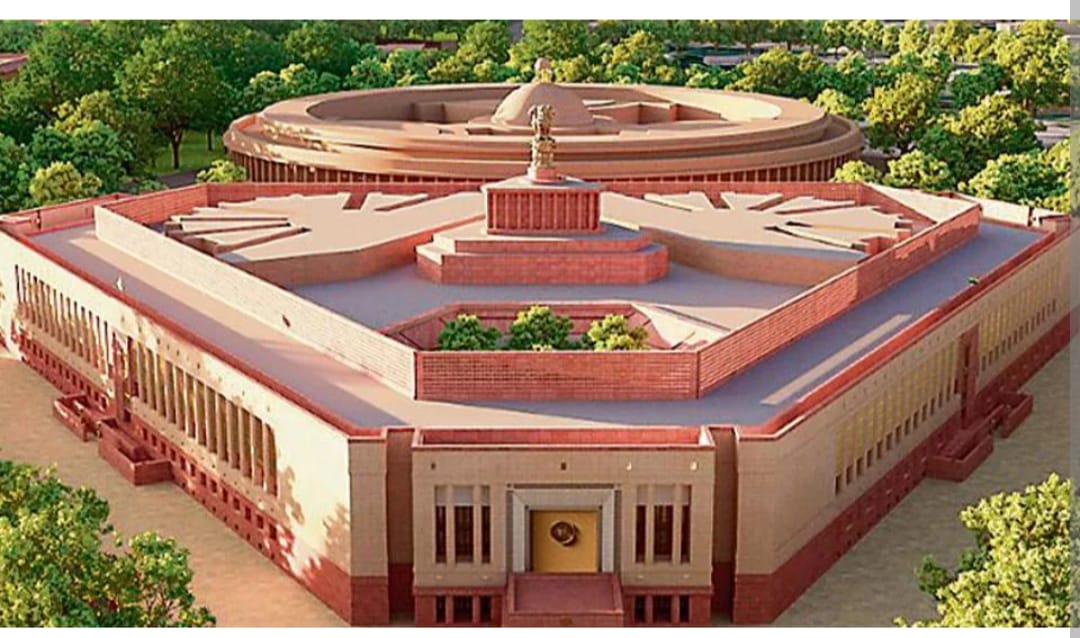NEW DELHI: The Constitution (129th Amendment) Bill, 2024 and The Union Territories Laws (Amendment) Bill, 2024 introduced in the Lok Sabha in December 2024 and referred to a joint parliamentary committee are slated to be discussed in the monsoon session of parliament starting on July 21.
The Statement of Objects and Reasons to the Bills highlights that elections have become expensive and time-consuming. It notes that frequent elections lead to repeated imposition of Model Code of Conduct, which disrupts developmental activities. The question is whether these concerns justify the need to alter the electoral process.
The Bills may result in Legislatures with short terms, in some cases even less than a year. Legislatures with such short terms may not be able to provide effective governance, as Ministers may not get adequate time to acquaint themselves with the administration. Additionally, Voters may feel less motivated to participate in an interim election, knowing that another election for a five-year term will follow soon.
The Bills empowers the Election Commission to recommend to the President to postpone election to a State Assembly. Currently, Article 356 of the Constitution allows for postponing an Assembly election only under specified conditions. This also involves approval by Parliament. The Bill does not have such requirements, and hence, it lowers the threshold for postponing elections.
A high-level committee headed by former President Ram Nath Kovind recommended in March 2024 a phased approach starting with synchronizing Lok Sabha and some state elections, eventually expanding to all states.
The implementation strategy is:
1. Phased Synchronization: Align elections of states whose terms are close to the Lok Sabha timeline.
2. Fixed Terms: Avoid premature dissolutions of the Assemblies through no-confidence motion safeguards like “constructive vote of no confidence.”
3. Central Law and Constitutional Amendments: To enable term adjustments, dissolution protocols, and ensure legal backing.
It requires multiple constitutional amendments (Articles 83, 85, 172, 174, etc.) and changes in Representation of the People Act. The opposition parties are opposed to it since it could dilute the autonomy of states and their elected governments. They also note the risk that the voters may not differentiate between national and state issues, affecting local aspirations.
It will require massive number of EVMs/VVPATs, security personnel, and electoral staff would be needed simultaneously. Moreover, if a state government falls early or Parliament is dissolved, syncing all elections again becomes complex.
In the first two decades after independence (1951–67), elections to the Lok Sabha and State Assemblies were mostly held simultaneously.
This cycle was disrupted due to premature dissolutions of some assemblies and the Lok Sabha, notably in 1968 and 1969. Since then, elections have been held at different times, leading to frequent elections across the country.
The Government advanced the concept of “One Nation, One election”, noting that frequent elections leading to the repeated model code of conduct that halts the government’s new schemes and projects during the elections and free the government time from repeated electioneering to focus on policy making and governance.
So far the government has not been able to convince the opposition parties but a report of the joint parliamentary committee comprising MPs of all parties may fructify passage of the Bills for the simultaneous polls.



